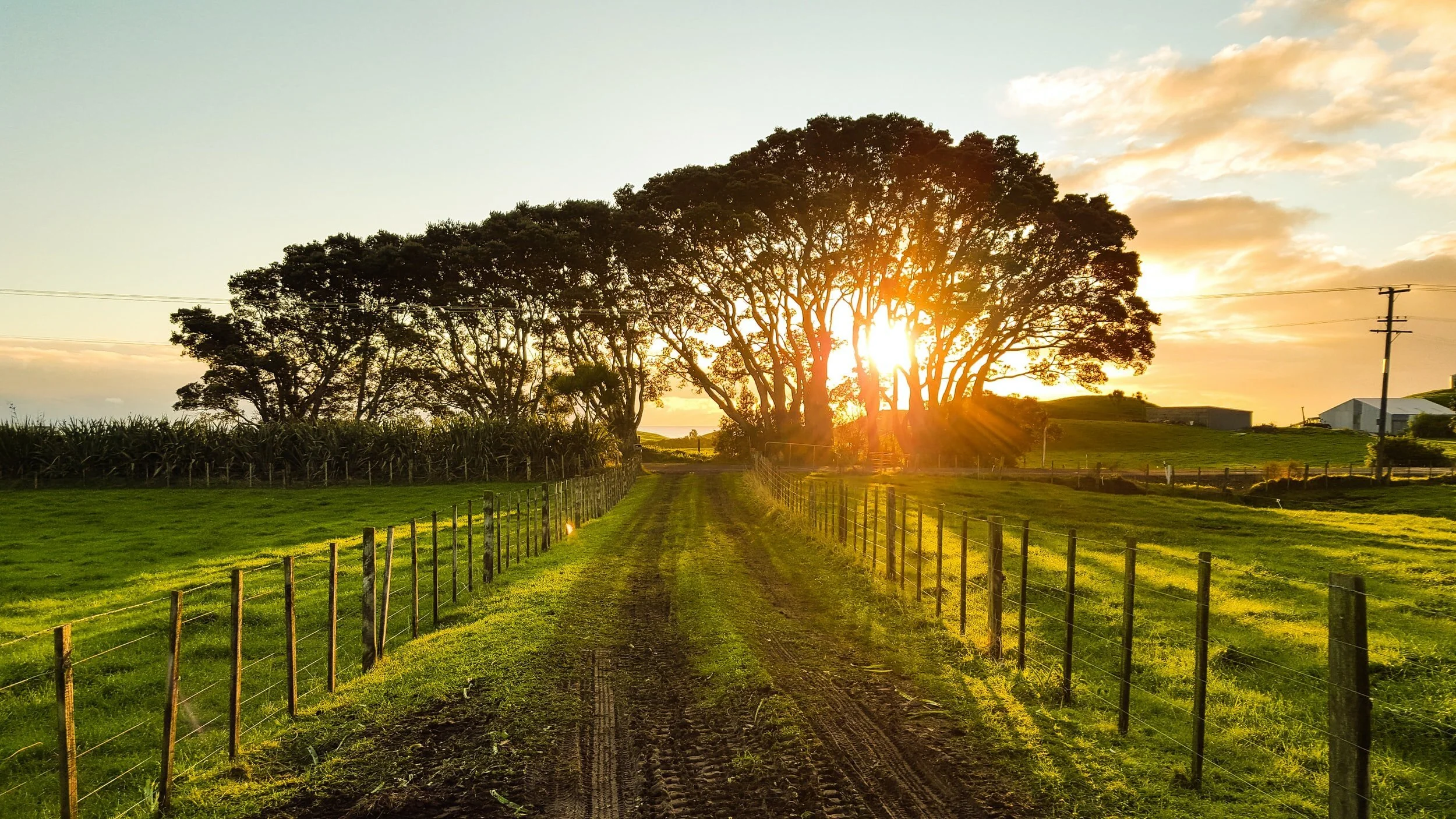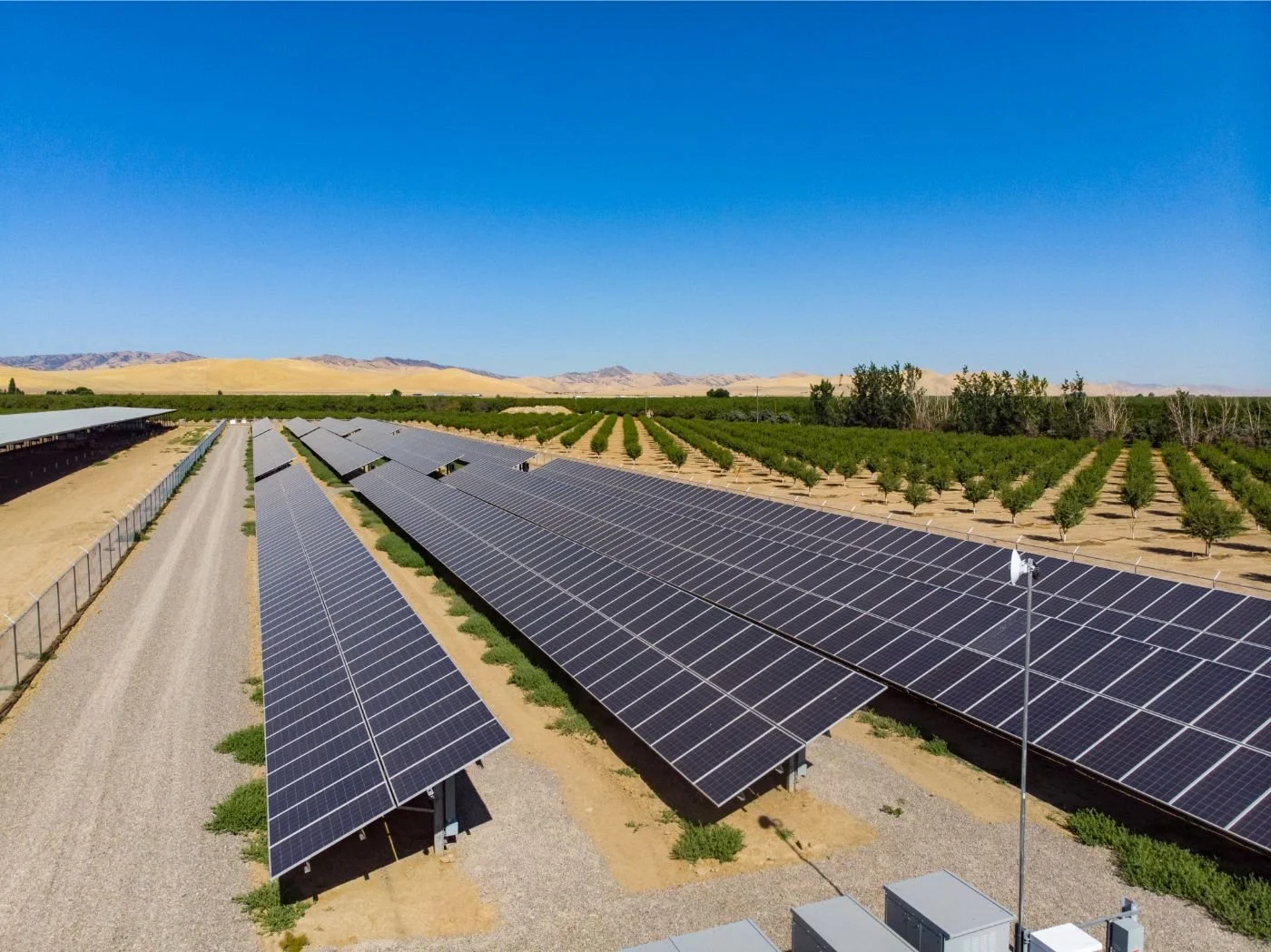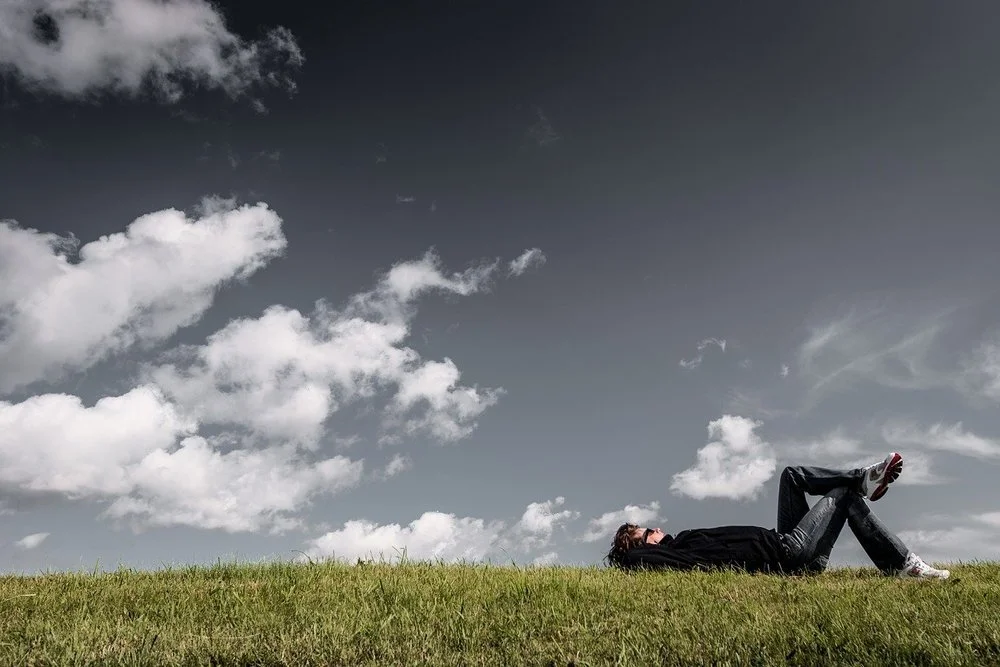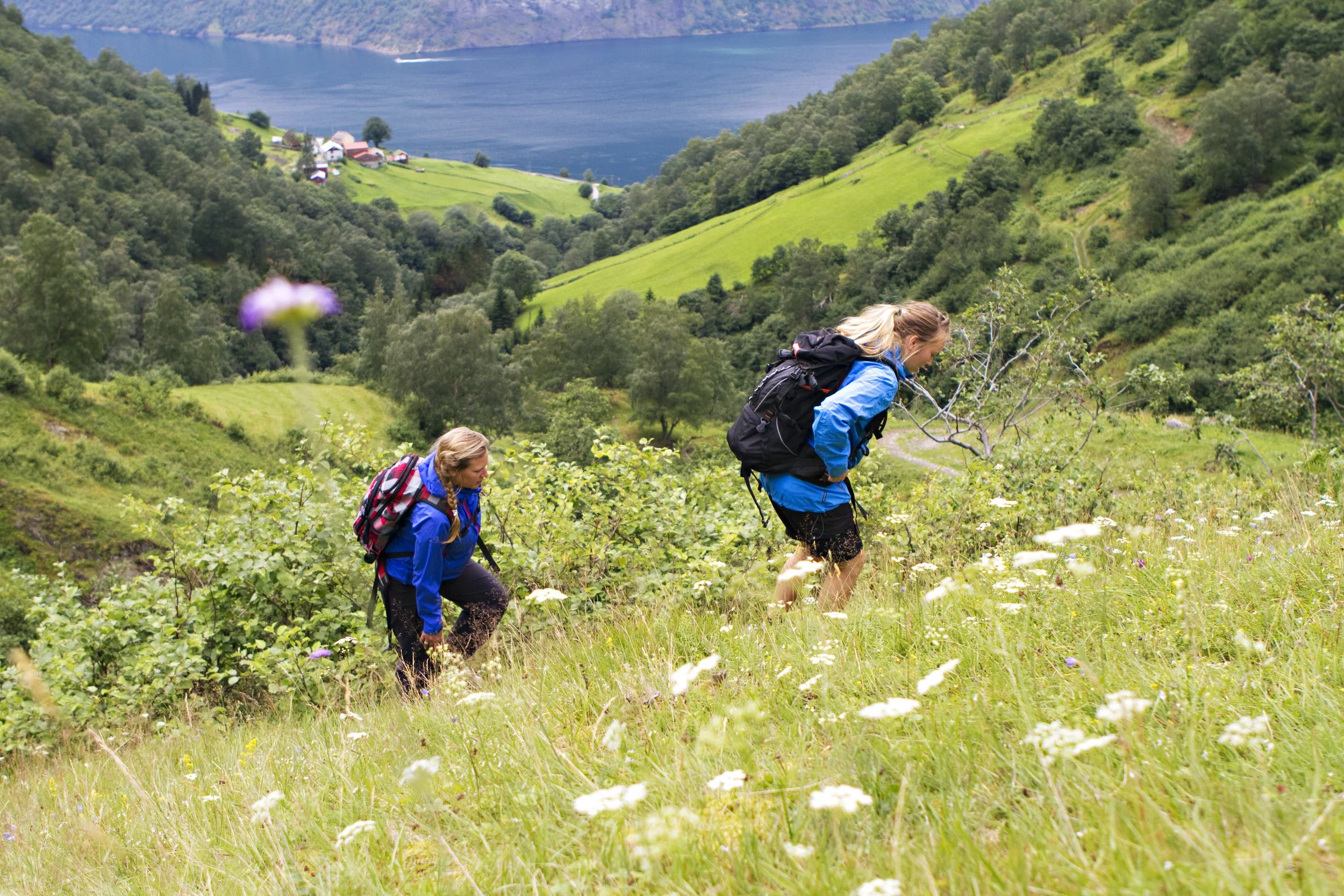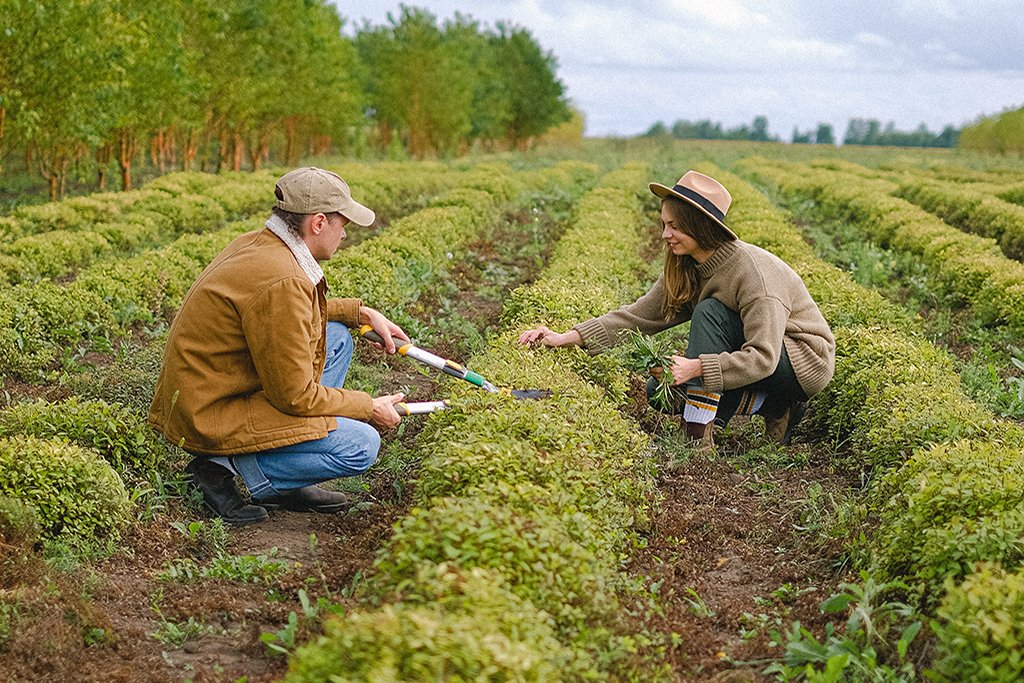Off The Grid Meaning
Discover > Off Grid Living > Off The Grid Meaning
Living off the grid is a lifestyle that has slowly gained popularity in recent years. It is a term used to describe a way of life that is free from the dependence on public utilities such as electricity, water, and gas. The term is often associated with living in remote areas, but it is not limited to that. In this blog post, we will explore the definition and benefits of living off the grid.
Off The Grid Definition
The definition of living off the grid is subjective and can vary from person to person. However, generally, it means living independently without any connection to public utilities. The primary goal of living off the grid is to become self-sufficient in terms of energy, water, and waste management.
Renewable energy sources like solar, wind, and hydro are the primary source of power for off-grid homes. Rainwater harvesting, well water, and water filtration systems are used to meet the water needs of the homes.
Off The Grid Benefits
Living off the grid has numerous benefits, one of the primary being the reduced cost of living. Off-grid living eliminates the need to pay for public utilities, which can result in huge savings in bills. Off-grid living is also environmentally friendly as it reduces carbon footprint. Using renewable energy sources and reusing waste materials can contribute to a cleaner environment.
Another benefit of living off the grid is the increased sense of independence and self-sufficiency. Off-grid living requires individuals to develop skills and knowledge that enable them to live independently, which can have a positive impact on their mental wellbeing.
Off The Grid Challenges
However, off-grid living is not without challenges. The initial cost of setting up an off-grid home can be quite expensive, and it requires a significant commitment of time, money, and resources. It can also be challenging to find the right location that is suitable for off-grid living.
Remote areas often lack access to basic services like healthcare, schools, and public transportation, which can make it inconvenient for families with children. Off-grid living requires a significant adjustment in lifestyle, and it may not be suitable for everyone.
Modern Off The Grid Lifestyle
In recent years, the development of new technologies and innovations has made off-grid living more accessible to everyone. The use of solar energy, efficient water filtration, and waste management systems has made off-grid living more affordable and sustainable. Many people are now choosing off-grid living as a way to reduce their carbon footprint and attain financial independence.
Summary of Off The Grid Living
Off the grid living is best defined as living outside of what is traditionally thought of as civilization, and not using any public utilities such as electricity, water, or sewer.
Those who live off the grid often rely on alternative sources of power like solar panels, wind turbines, or generators, and collect drinking water from natural sources or collect and purify rainwater.
They live in rural or remote areas, and often have little access to technology or the internet.
Benefits of living off the grid are numerous, including reduced carbon footprint, decreased dependency on government-funded utilities, and lower energy bills.
Off grid living promotes self-sufficiency and independence, and for many, a sense of peace and tranquility that cannot be found in urban or suburban settings. Reducing one's dependence on institutions like the government or corporations can be empowering, and can give rise to a greater degree of control over the trajectory of one's own life.
However, living off the grid is not without its challenges. Depending on alternative sources of energy and having to act as your own utility may lead to higher costs and maintenance.
Rural living can also be isolating, and those who need human interaction might find that it is hard to achieve in a remote area.
Access to fresh food and medical care can also be limited, and it can be difficult to establish a sustainable income off the land.
The Off The Grid Lifestyle: What It Means and How to Live It
Essentially, living off the grid means relying solely on renewable energy sources and producing your own food to achieve a more sustainable way of life. The idea is to reduce your reliance on the traditional power grid and the consumerist society we live in.
Producing Your Own Energy
The first step towards living off the grid is to assess your energy consumption. Before you can start producing your own energy, you need to reduce your overall usage. This can be achieved by investing in energy-efficient appliances, unplugging electronics when not in use, and using natural light instead of electric lighting whenever possible. Next, consider setting up a renewable energy system such as solar panels or wind turbines to generate your own electricity. This will likely involve a significant upfront cost, but the long-term savings and environmental benefits make it worthwhile.
Growing Your Own Food
In addition to producing your own energy, living off the grid also entails growing your own food. Whether you have a small backyard or a large farm, implementing sustainable gardening practices can help you achieve a higher level of self-sufficiency. This includes composting, crop rotation, and using natural pest control methods. You can also raise animals for food such as chickens, goats, or cows. Not only is this more environmentally friendly, but it also promotes healthier eating habits and supports local agriculture.
Limited Access to Modern Amenities
Living off the grid is not without its challenges. One of the main issues is limited access to modern amenities such as high-speed internet, phone service, and even medical care. Additionally, extreme weather conditions or equipment failure can sometimes disrupt your renewable energy system, requiring you to have backup energy sources on hand. Finally, living off the grid can be a significant lifestyle change, requiring you to be more self-sufficient, resourceful, and adaptable.
Making the Commitment
The off the grid lifestyle may not be for everyone, but for those who are willing to make the commitment, it can be a rewarding and fulfilling way of life. By reducing your reliance on traditional power sources and consumerism, you can achieve a higher level of self-sufficiency, environmental sustainability, and overall wellbeing. Whether you live in a rural or urban setting, there are numerous ways to get started and live off the grid. With time and dedication, you can reap the benefits of this unique lifestyle and make a positive impact on the world around you.
Off The Grid Activities
Get Back To Basics
The first step towards a fulfilling Off The Grid experience is to get back to basics. Embrace the idea of simple living and take time to disconnect from all the gadgets and gizmos of modern technology. Enjoy a cup of coffee while watching the sunrise without checking for emails or browsing social media. Experience the natural world firsthand and learn the skills required to live independently without relying heavily on technology.
Unleash Your Adventurous Side
Off The Grid activities can offer a thrilling adventure for anyone willing to give them a try. Whether it’s camping, hiking, biking or any other outdoor activity, you’ll be pushed out of your comfort zone and tested both physically and mentally. The sense of achievement when you reach a mountain peak or set up camp in the middle of nowhere is impossible to describe, and it’s something you will keep with you forever. So, go ahead and unleash your adventurous side and enjoy the beauty of nature.
Learn New Skills
One of the most exciting parts of living off the grid is that you will get the chance to learn a wide variety of skills, from traditional gardening to maintaining solar panels. You’ll be able to handle a variety of situations with ease, and the sense of self-sufficiency and independence derived from learning these new skills is unbeatable.
Discover the Power of Community
Living off the grid does not mean living in isolation. In fact, it’s the opposite. One of the best parts of the off the grid lifestyle is the incredible sense of community that you will experience. You’ll get to meet fascinating people with their unique stories, all sharing the same passion. The sense of camaraderie that comes with it is indescribable, and you’re sure to make lasting and meaningful relationships throughout your journey.
Return to the City with a Renewed Perspective
At some point, your Off The Grid adventure may come to an end, and you will return to modern civilization. However, the experience leaves everyone with a renewed perspective on life. You will have learned valuable lessons about self-sufficiency, community, and the beauty of the natural world, which you can carry with you into your daily routine. And you will realize that you don't need to escape to an isolated cabin in the woods to enjoy the life that you have.
Conclusion
Living off the grid is a lifestyle that has numerous benefits. It promotes self-sufficiency, reduces environmental impact, and reduces cost of living. However, it can be challenging to find the right location and may require a significant commitment of resources.
Off-grid living may not be for everyone, but the development of new technologies has made it more accessible to everyone. If you are considering living off the grid, make sure to research and plan beforehand to ensure a smooth transition to your new way of life.
#solar power #grid power #wind energy #off grid power #natural gas #electricity grid #generate energy #own energy #off grid life #wind power #solar system #battery storage #electrical grid

